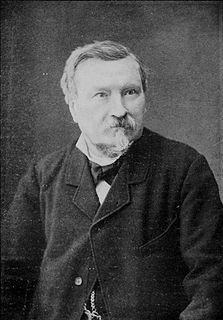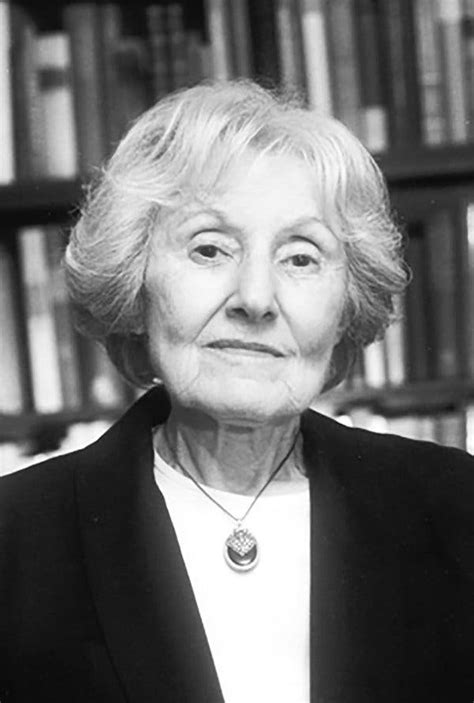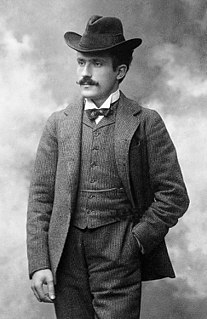A Quote by Theodore Roosevelt
The good citizen will demand liberty for himself, and as a matter of pride he will see to it that others receive the liberty which he thus claims as his own. Probably the best test of true love of liberty in any country is the way in which minorities are treated in that country. Not only should there be complete liberty in matters of religion and opinion, but complete liberty for each man to lead his life as he desires, provided only that in so doing he does not wrong his neighbor.
Related Quotes
The liberty I mean is social freedom. It is that state of things in which liberty is secured by the equality of restraint. A constitution of things in which the liberty of no one man, and no body of men, and no number of men, can find means to trespass on the liberty of any person, or any description of persons, in the society. This kind of liberty is, indeed, but another name for justice.
As liberty of thought is absolute, so is liberty of speech, which is 'inseparable' from the liberty of thought. Liberty of speech, moreover, is essential not only for its own sake but for the sake of truth, which requires absolute liberty for the utterance of unpopular and even demonstrably false opinions.
The issue of religious liberty is absolutely critical. America was founded on three different types of liberty: political liberty, economic liberty, and religious and civil liberty. It's remarkable that, one-by-one, these strands of liberty are coming under fierce attack from the Left. And that's particularly ironic because "liberal" derives from a word which means "liberty," the free man as opposed to the slave. This liberalism which we're saddled with today isn't a real liberalism at all, but a gangster style of politics masquerading as liberalism.
Even despots accept the excellence of liberty. The simple truth is that they wish to keep it for themselves and promote the idea that no one else is at all worthy of it. Thus, our opinion
of liberty does not reveal our differences but the relative value which we place on our fellow man. We can state with conviction, therefore, that a man's support for absolute government is
in direct proportion to the contempt he feels for his country.
It is not the right of property which is protected, but the right to property. Property, per se, has no rights; but the individual - the man - has three great rights, equally sacred from arbitrary interference: the right to his life, the right to his liberty, the right to his property The three rights are so bound together as to be essentially one right. To give a man his life but to deny him his liberty, is to take from him all that makes his life worth living. To give him his liberty but take from him the property which is the fruit and badge of his liberty is to still leave him a slave.
The distinguishing part of our constitution is its liberty. To preserve that liberty inviolate, is the peculiar duty and proper trust of a member of the house of commons. But the liberty, the only liberty I mean, is a liberty connected with order, and that not only exists with order and virtue, but cannot exist at all without them. It inheres in good and steady government, as in its substance and vital principle.
[A] republic . . . [is] a government, in which the property of the public, or people, and of every one of them was secure and protected by law . . . implies liberty; because property cannot be secured unless the man be at liberty to acquire, use or part with it, at his discretion, and unless he have his personal liberty of life and limb, motion and rest, for that purpose.
































